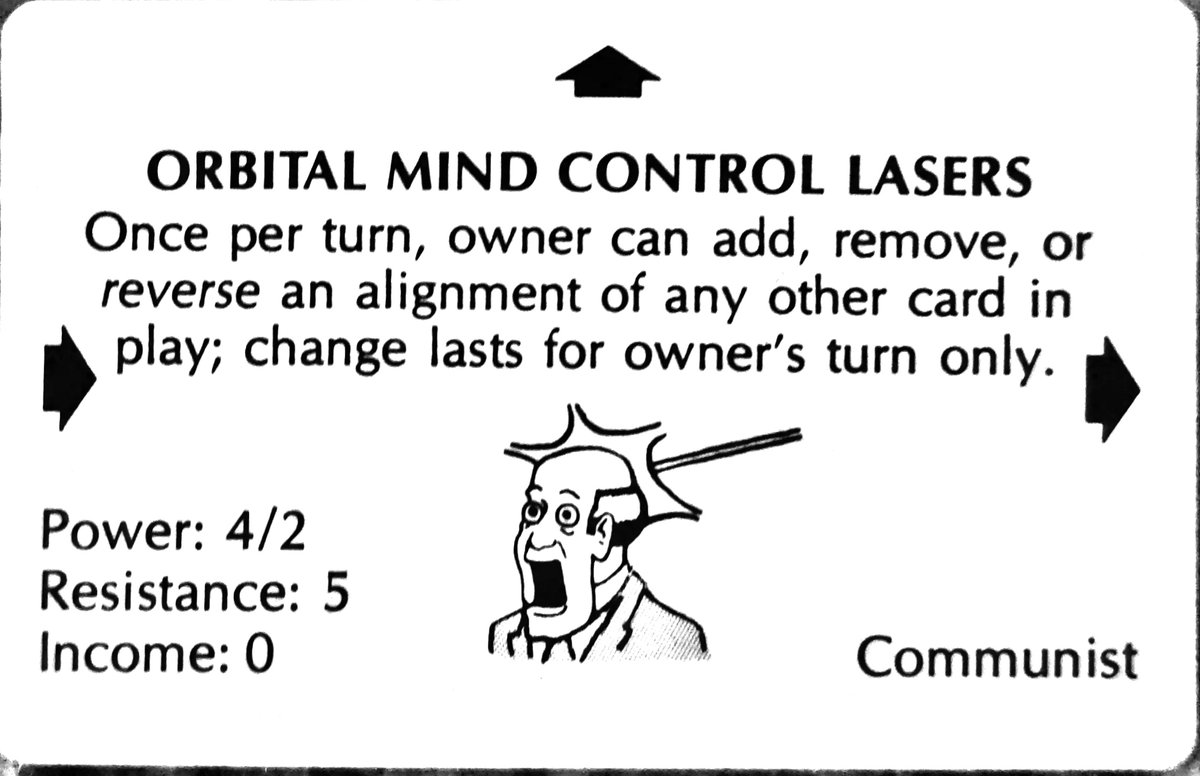
Nathaniel Daw
@nathanieldaw
Princeton neuro prof. But Twitter is an absurd platform for professional communication so I strive to use it most unprofessionally.
thrilled that we'll be presenting this paper as a spotlight at #ICML2025 . come by our poster in vancouver to chat with us about the use of LLMs for advancing neuroscience! here's the camera-ready version: openreview.net/forum?id=dhRXG…
Can LLMs be used to discover interpretable models of human and animal behavior?🤔 Turns out: yes! Thrilled to share our latest preprint where we used FunSearch to automatically discover symbolic cognitive models of behavior. 1/12
How do you make a decision in a situation you’ve never encountered? Your brain may use your memories to do much of the thinking long before you have to make the choice. Read more by @DShohamy @jon_d_nicholas @nathanieldaw in @NatureComms zuckermaninstitute.columbia.edu/memories-can-s… #memory…
omg this is so borges, so much better than a reading list of actual books.
The Chicago Sun-Times published an upcoming summer books list that is obviously AI. The clues are that there is no byline and at least 8 of these titles do not exist.
deborah talmi @supergrrl007 has a cool postdoc position with rik henson and emily holmes at cambridge (I also collaborate), working on computational modeling and analysis of emotional memory. apply by april 21 jobs.cam.ac.uk/job/50770/
if you're at #COSYNE2025 today, come by poster 3-090 to talk to @neuro_kim @kevinjmiller10 and me about this work. see you then!
Can LLMs be used to discover interpretable models of human and animal behavior?🤔 Turns out: yes! Thrilled to share our latest preprint where we used FunSearch to automatically discover symbolic cognitive models of behavior. 1/12
announcing this year's neuroeconomics summer school, this time outside paris. too many great lecturers to list, even too many great organizers (plassmann,glimcher,tymula,kable,me). & you wouldnt believe all the past students. sign up: insead.edu/events/neuroec…
one of the most intriguing projects i've been involved in: automated scientific discovery in an area (human/animal RL) I've been working on forever. can an LLM do the job of my grad students? if it is backed up by super smart scientists incl @pcastr @kevinjmiller10 @neuro_kim
Can LLMs be used to discover interpretable models of human and animal behavior?🤔 Turns out: yes! Thrilled to share our latest preprint where we used FunSearch to automatically discover symbolic cognitive models of behavior. 1/12
hello world. we have an opening for a strong theory postdoc to work in my lab on a exciting collaboration with Josh Berke and Loren Frank labs modeling and analyzing data on rat hipp-pfc-bg-da involvement in spatial maze foraging, replay, value etc. here: puwebp.princeton.edu/AcadHire/apply…
New pre-print out of our lab, "Children leverage predictive representations for flexible, value-guided choice," from former lab members @lice_zhang @katenuss and collaborators @nathanieldaw @ari_e_kahn! @cate_hartley osf.io/preprints/psya…
In a dynamic reinforcement learning task, human players adaptively employ a mix of decision strategies, including model-based learning but also the successor representation. @nathanieldaw @ari_e_kahn nature.com/articles/s4427…
Devastatingly, we have lost a bright light in our field. Felix Hill was not only a deeply insightful thinker -- he was also a generous, thoughtful mentor to many researchers. He majorly changed my life, and I can't express how much I owe to him. Even now, Felix still has so much…
I’m really sad that my dear friend @FelixHill84 is no longer with us. He had many friends and colleagues all over the world - to try to ensure we reach them, his family have asked to share this webpage for the celebration of his life: pp.events/felix
My paper on hierarchical plans is out in Cognition!🎉 tldr: We ask participants to generate hierarchical plans in a programming game. People prefer to reuse beyond what standard accounts predict, which we formalize as induction of a grammar over actions. authors.elsevier.com/a/1kBQr2Hx2xLNA
When I first saw this paper I legit said "that's the stupidest idea I've ever heard." When I much later confessed this to @AaronCourville my wife legit punched me for being so rude but of course by then the joke was that the joke was on me! (Whole thread is great.)
It was in a lab dinner at Les Trois Brasseurs that @goodfellow_ian was struck by an idea that was seemingly comical and almost nonsenical at the time: "what if you could have *another* neural network act as the disciminator?". This was a frontier-expanding moment.
New preprint with @DaniSBassett and @nathanieldaw! How do humans learn predictive representations? We propose a trial-by-trial learning rule that incorporates trace updating to learn the SR. biorxiv.org/content/10.110…
It took a while, but this paper with @nathanieldaw is now published in @NatureComms. Reviewers had many good comments, so lots of new stuff here, especially on the computational mechanisms of how people dissociate volatility from stochasticity: nature.com/articles/s4146…
New preprint with @nathanieldaw: Humans can distinguish volatility (rate of change or diffusion noise) & moment-to-moment stochasticity (or observation noise) and adjust their learning adaptively. As theoretically expected, these have opposite effects on humans' learning rate.
Excited to share a new project! 🎉🎉 doi.org/10.1101/2024.0… How do we navigate between brain states when we switch tasks? Are dynamics driven by control, or passive decay of the prev task? To answer, we compare high-dim linear dynamical systems fit to EEG and RNNs🌀 ⏬
you too can experience imaginary restaurants just by flying through newark airport terminal C, where they there are dozens of tantalizing bespoke restaurant concepts that were clearly designed by a genius team reading your dreams, yet the food and service are uniformly abominable
This restaurant does not exist. Ethos, which claims to be Austin’s #1 restaurant, has 72k followers on IG. It seems normal until you realize the photos of the food + venue are AI. The posts get thousands of likes and comments from people who have no idea.
A team of @Princeton and @RutgersU researchers, led by PNI's @yael_niv, received a $16M @NIMHgov grant to study how disorders like depression and anxiety may stem from how the brain interprets the world via "latent cause inference." Full story: pni.princeton.edu/news/2024/prin…
Happy to share that this work is finally out in collaboration with @nathanieldaw and @IPALab ! If you are interested in RL and visuomotor learning, have a look! journals.plos.org/ploscompbiol/a…
